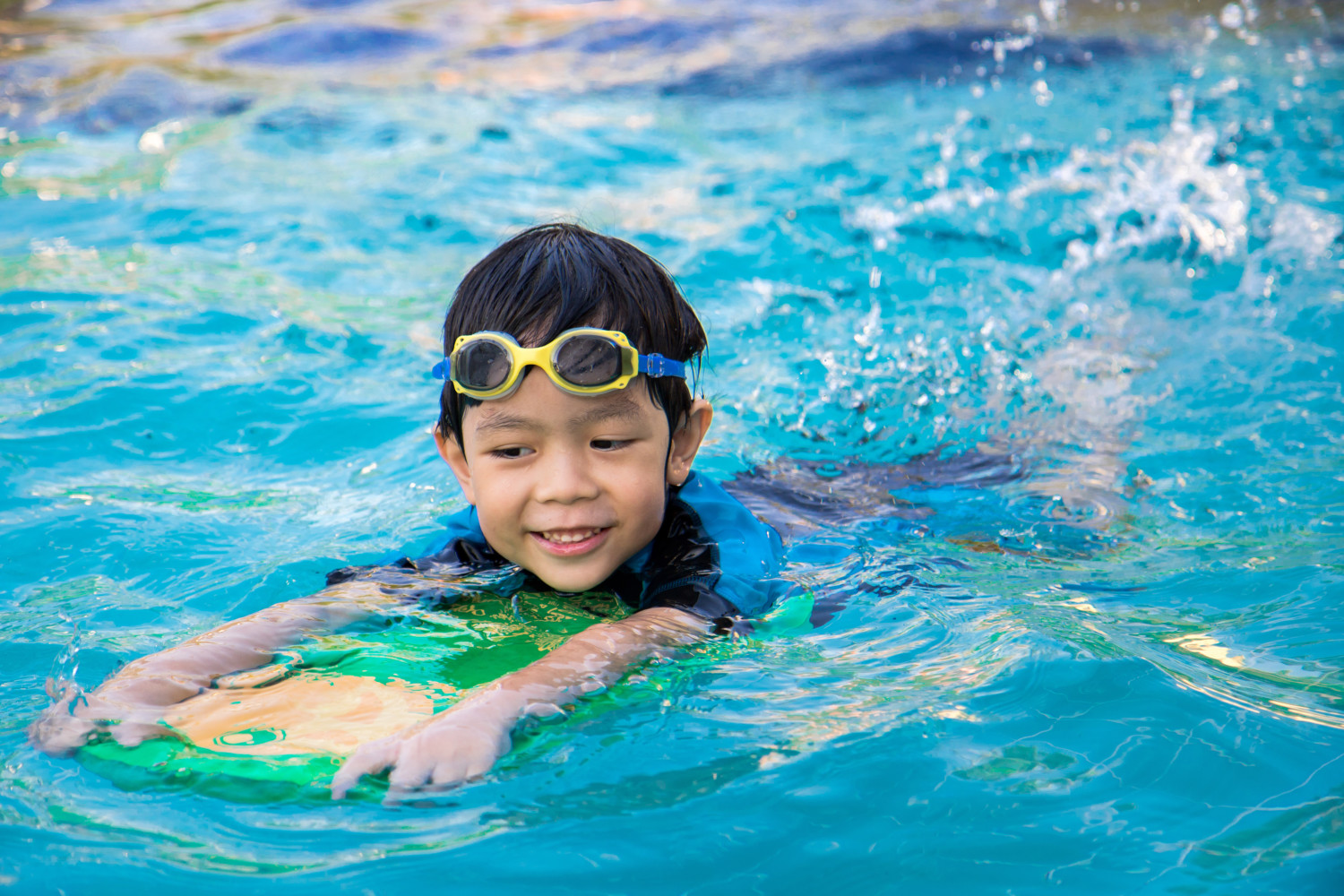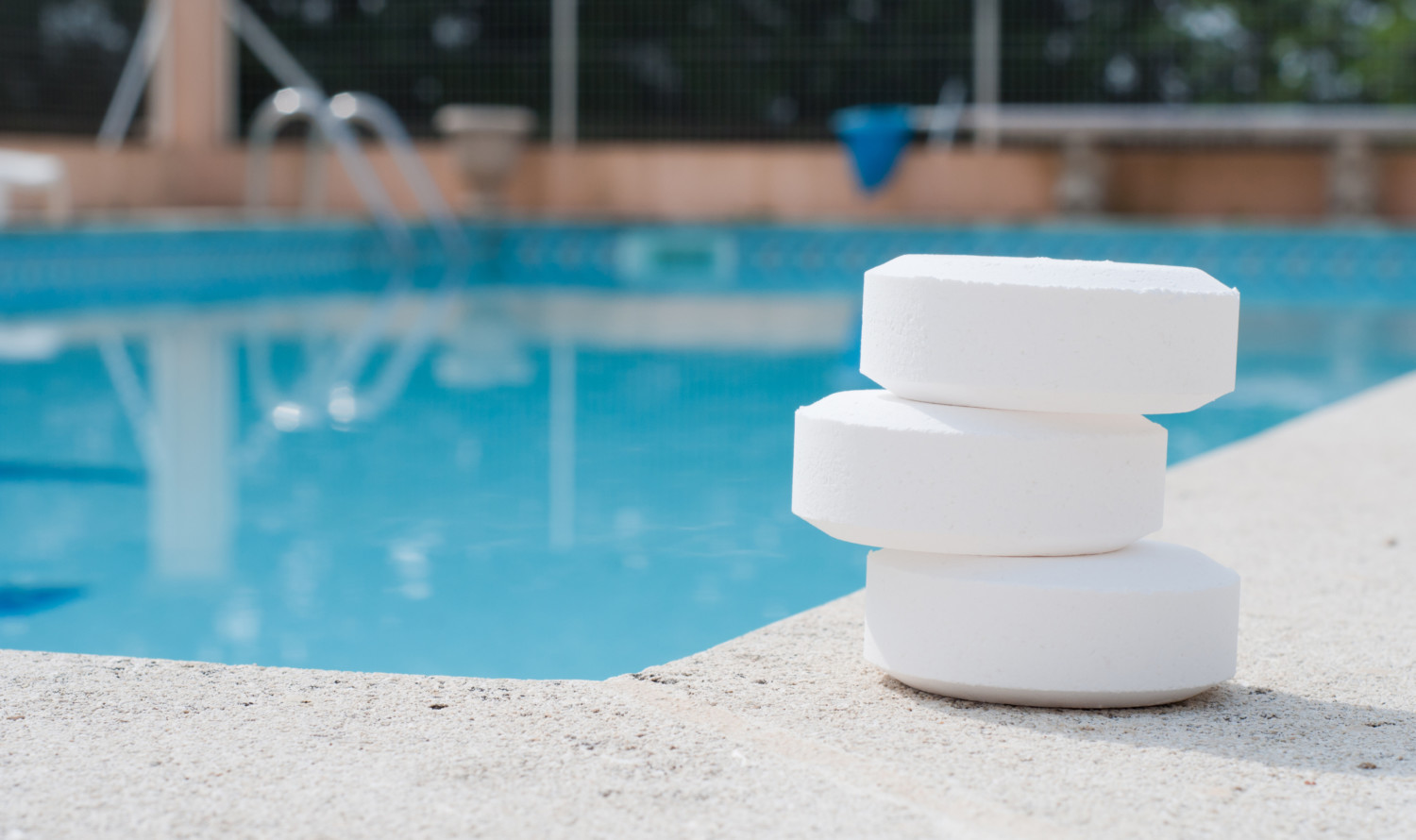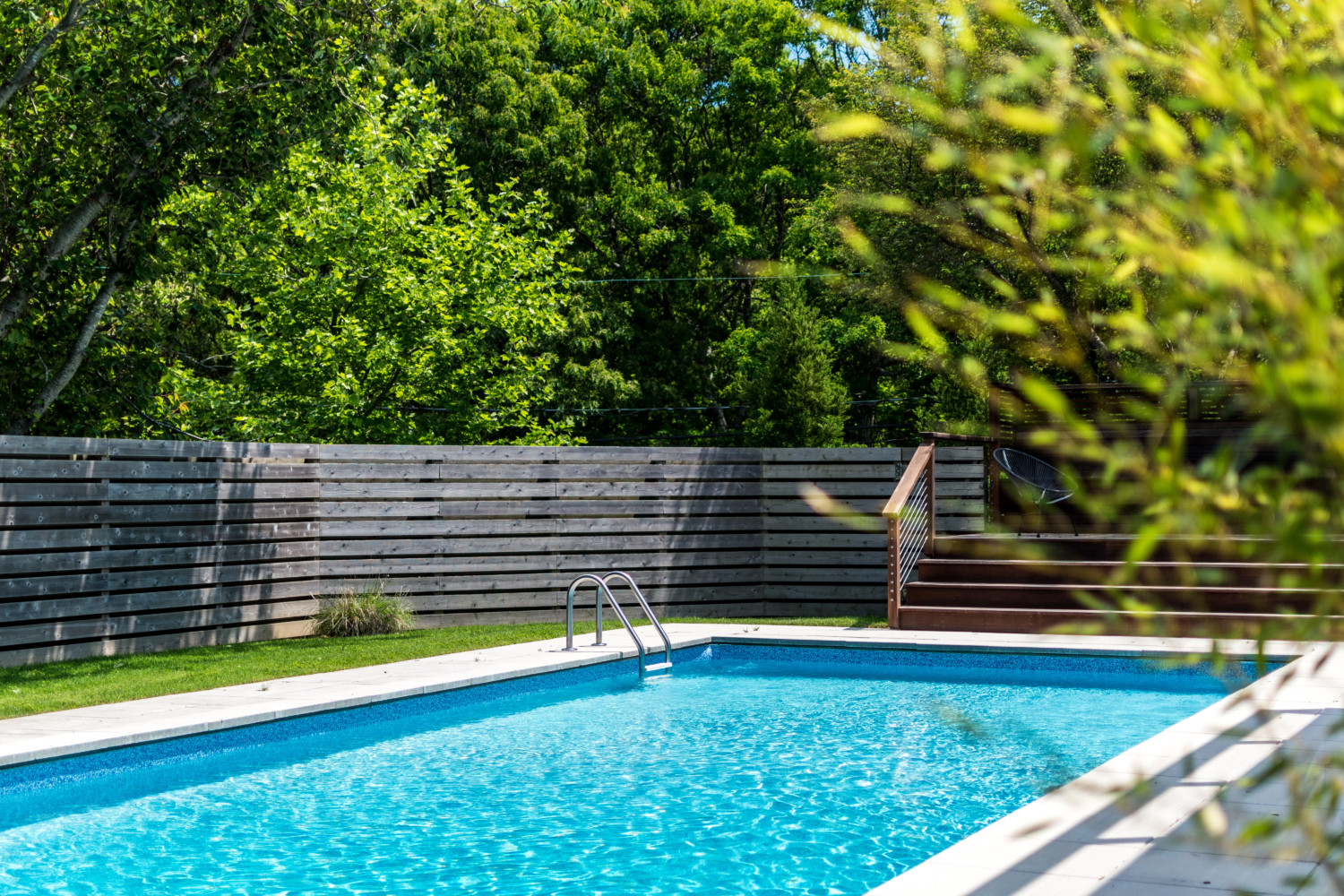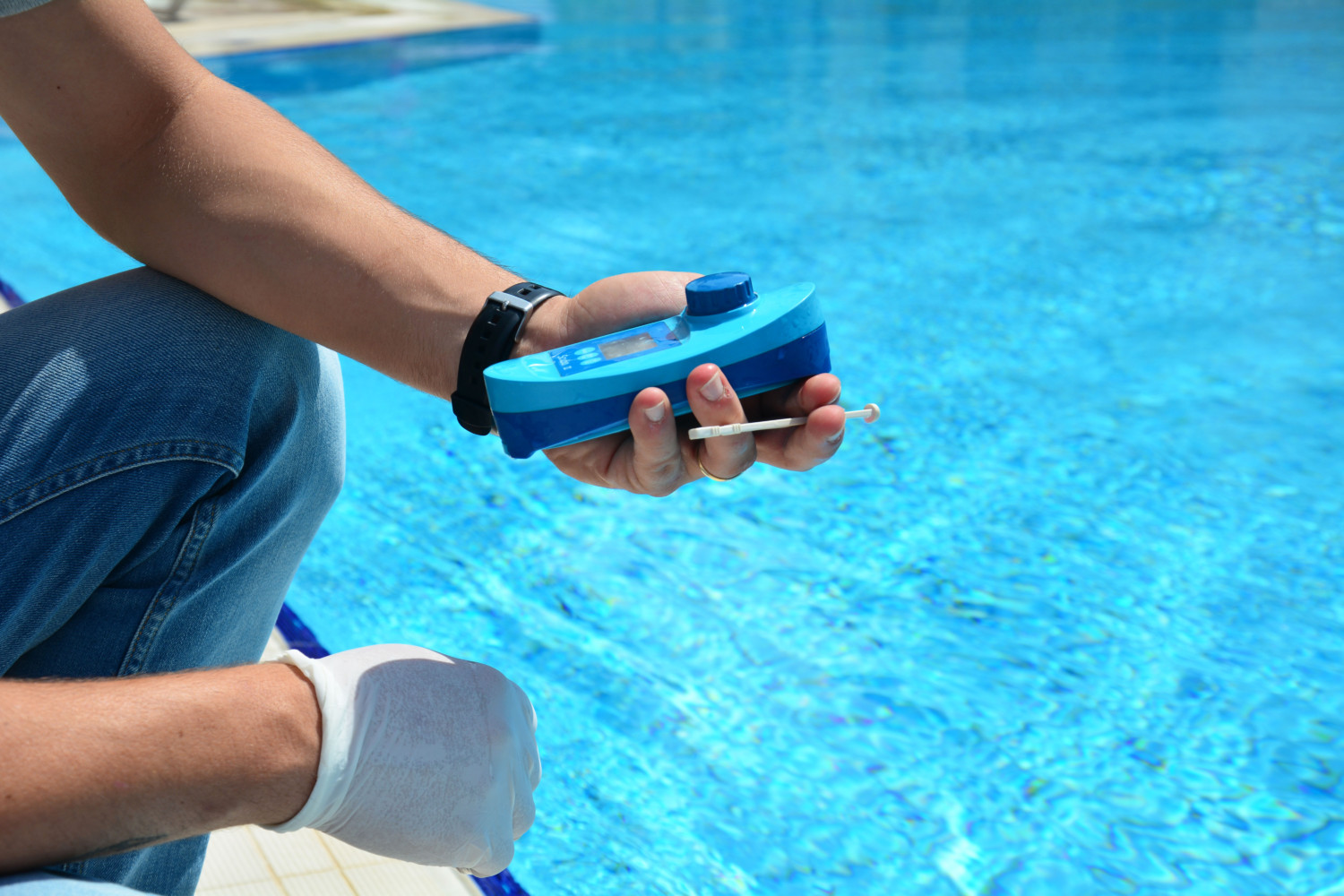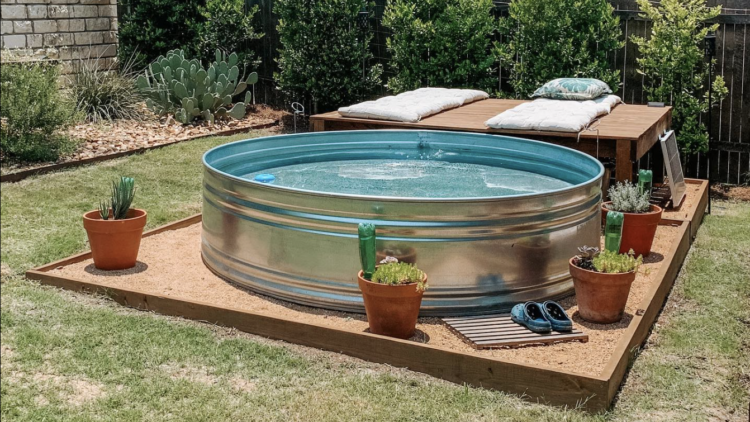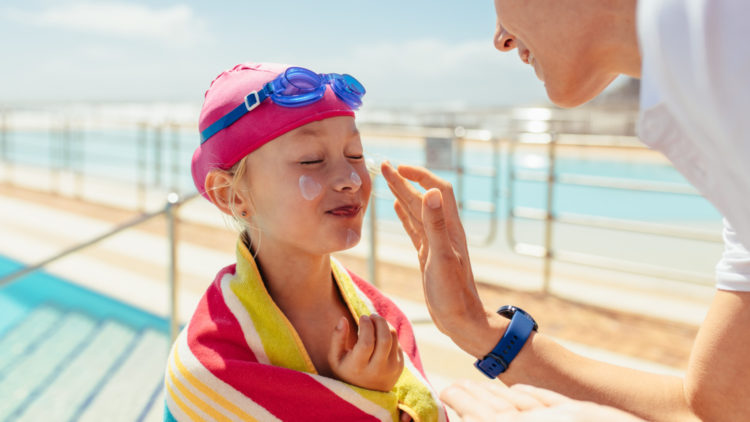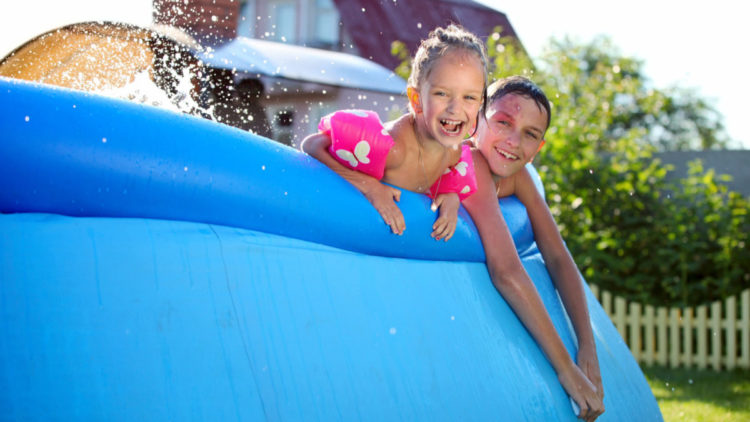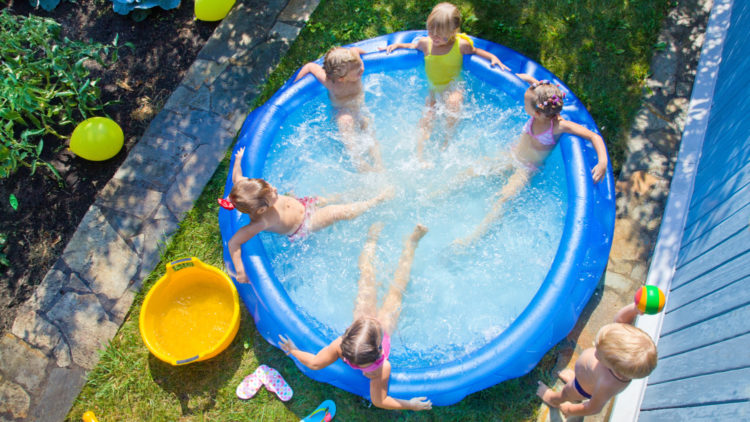Chlorine shortage expected this summer, so here are some alternative ways to clean your pool
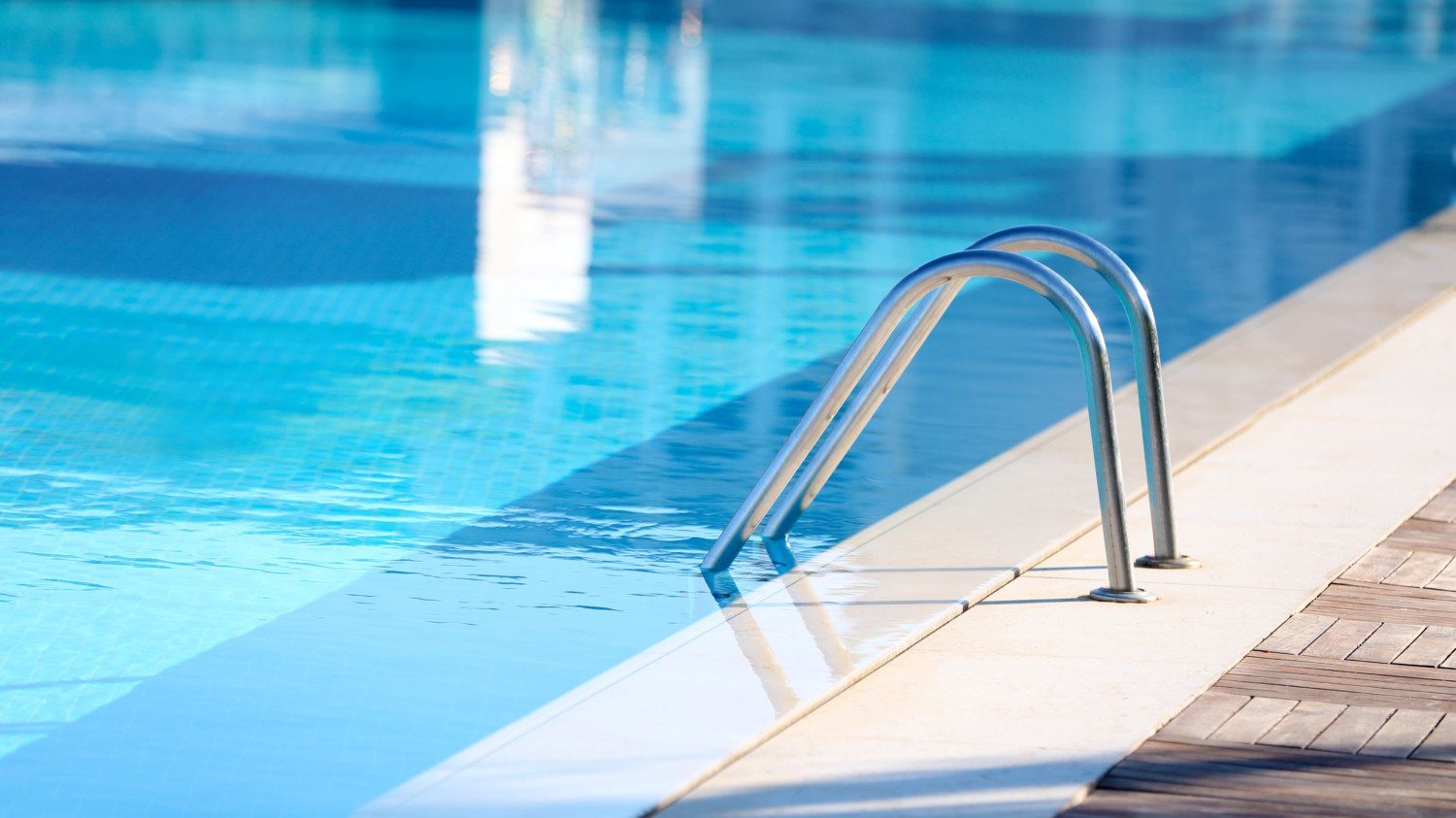
Having a pool in your backyard can improve your home’s appearance, provide months of entertainment for the whole family every year and make it easy to get regular, low-impact exercise without going to the gym. However, experts warn of an impending chlorine shortage that could put a damper on your plans to spend the summer swimming, splashing and lounging by the pool.
Not only could it drive up prices, but the anticipated chlorine shortage might make it virtually impossible for you to find the products you need to clean and disinfect your swimming pool. This would make the pool less safe for your family members and friends.
Chlorine Shortage Expected This Summer
Multiple factors are contributing to the chlorine shortage that industry experts are already seeing. The pandemic led to an increase in swimming pool sales. In addition, current pool owners began using their pools more often than they did before the coronavirus lockdowns began. And even with more people being vaccinated against COVID-19 and schools, businesses and entertainment venues reopening, Americans continue to spend more time at home.
Pkdata, an Atlanta-based research firm specializing in swimming pool, hot tub and spa data, estimated that there were approximately 5.2 million residential in-ground pools and 255,000 commercial pools in the United States as of 2020. When you factor in above-ground pools, that number climbs even higher.
Because of this, retailers have sold more swimming pool chemicals, including chlorine, than they do during typical seasons, and the surge in demand is expected to continue through this year.
High demand is not the only factor in the chlorine shortage, though. Last August, Hurricane Laura triggered a fire at a chemical plant in Lake Charles, Louisiana. BioLab was one of the nation’s largest manufacturers of trichlor (trichloro-s-triazinetrione) tablets — one of the most popular and convenient pool cleaning products — as well as granular chlorine and the product known as pool shock. Prices have skyrocketed and availability has diminished for the chlorine tabs.
Until the facility reopens in 2022, only two chlorine tablet manufacturers remain operational in the U.S., Occidental Petroleum and Clearon Corp. Both companies would have to increase production by 50% to satisfy the current demand during the chlorine shortage.
Homeowners and professional pool maintenance companies alike can expect to feel the pinch, and some already are. According to one report, commercial bulk trichlor tablet prices have doubled, and some suppliers won’t sell more than two containers to customers at a time. Retail prices have reportedly risen by 50% or more as well.
The shortage currently only affects dry chlorine tablets, as other manufacturers produce liquid chlorine. However, pool owners and maintenance providers who use liquid chlorine are likely to see price increases and limited supplies as the lack of dry chlorine forces consumers to switch to liquid products. Rudy Stankowitz, who has worked in the swimming pool industry for three decades, says that the chlorine shortage could be dangerous.
“I call it ‘Poolmageddon.’” Stankowitz told CNBC. “It’s a chlorine crisis. A lot of people are not going to be able to find the chlorine tablets they need this season.”
Stankowitz, CEO of Aquatic Facility Training & Consultants and author of “How to Get Rid of Swimming Pool Algae,” notes that chlorine prevents and kills algae, protects against waterborne illnesses and even helps deter drownings.
“Chlorine also helps prevent swimming pools from becoming a hotbed for mosquitoes and associated diseases, as well as aiding in preventing unsafe conditions that could contribute to drowning — such as cloudy water,” Stankowitz said.
Chlorine Alternatives For Pools
The Centers for Disease Control and Preventio says that disinfecting a pool and balancing its pH are the primary safeguards for millions of diarrhea-causing germs such as cryptosporidium, giardia, shigella, norovirus and E. coli. According to the CDC, swimming pool owners should check the disinfectant level and pH at least twice each day, and even more frequently when your pool is in heavy use.
But if there is a chlorine shortage, should you just shut it down for the season?
Not necessarily. There are a handful of alternatives to chlorine that pool owners can utilize to keep their swimming pools clean, sanitary and safe for use.
Bromine is the top chlorine alternative used in the U.S. This chemical is sold to sanitize, kill algae in and oxidize pools. Bromine is available in tablets and liquids, similar to chlorine, and can be found at pool supply retailers as well as online. It works better in warmer temperatures.
Another option is to convert your pool to saltwater. Although this process requires some new equipment and a bit of effort, there are many advantages to switching. Saltwater pools are more suitable for healthy breathing and allergies, are gentler on the skin and eyes, are better for the environment and relieve sore joints and muscles.
Or, you could install pool ozone generators, sometimes called ozonators. These devices emit ozone into the pool water to filter and clean it but are typically used in combination with more traditional chemical treatments. Copper silver ionization systems are also a non-chemical alternative. However, much like saltwater, converting to either of these systems would take time and money.
In the meantime, you can protect your pool by keeping up on maintenance, making sure everyone showers before taking a dip and keeping pets out of the pool. You can also keep your pool colder, to inhibit bacteria growth. Talking to a local professional can also help you determine what additional options are available in your area.


